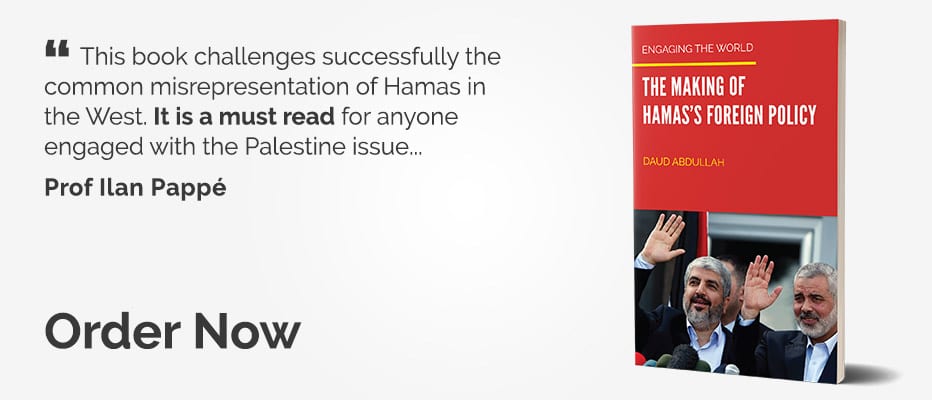Egypt has just celebrated the 71st anniversary of the coup of 23 July, 1952; or revolution, call it what you will. It is generally agreed that this changed the shape of the Arab world as well as the shape of the regime in Egypt, for the better or for the worse, depending on where you are sitting. It was the first of the real military coups in the Arab region, if we exclude the coup staged by Hosni Al-Zaim in Syria in 1949, who was overthrown after less than four months with another coup led by Sami Al-Hinnawi, and was executed. This was followed by a third coup in the same year.
The first statement by the Egyptian army in 1952 did not include the word "revolution"; it was "the blessed army movement" and was signed by the Free Officers. Since they were young men, they feared that the people would reject them, so they made Major General Muhammad Naguib, head of the officers' club at the time, their leader. Then they arrested him after he became president of the republic in 1954. But this is a story for another time, so back to the statement by the army movement, which contained glamorous phrases and words that resounded in the hearts of the Arab nations at that time, such as eliminating feudalism and capitalist control over governance; establishing social justice; establishing a sound democratic life; and building a strong national army.
Just 40 days after seizing power, the Free Officers issued the Agrarian Reform Law, which had been submitted to parliament by Ibrahim Shukry MP during the reign of King Farouk. The law limited the amount of agricultural land owned by individuals to no more than 200 acres at a time when some owned thousands of acres. Ordinary farmers who rented the land that they worked on suddenly became its owners. The farmers rejoiced at the glorious movement, and this was used by Gamal Abdel Nasser and his colleagues to promote themselves; many people were still apprehensive about them. They boarded a train that travelled through the governorates, known later as the revolution train, and appeared on balconies to greet the masses who gathered to receive them. This was followed by a train of artists, including actors and singers loved by the people, promoting the Free Officers.
Remembering the 1952 Egyptian Revolution
On the face of it, the Agrarian Reform Law was fair about the redistribution of wealth, despite the objection of the Sheikh of Al-Azhar because it contradicted the teachings of Islam. However, it had a negative effect on Egyptian agriculture by destroying the unity of agricultural land and dividing it into small parts. A lot of land was concreted over and had homes and factories built on it. It is ironic that they then turned to reclaim the desert for crops irrigated by groundwater wells, such as the New Valley, which was announced by Abdel Nasser in 1958 to be parallel to the Nile Valley. Moreover, in the past three decades, feudalism has returned in its worst form, and some privileged individuals again now possess thousands of acres of land.
As for the clause about eliminating capitalist control over the government, in the early sixties, companies, factories and shops were nationalised, and everything became dependent on the state. The regime established the institutions that managed all of this and put officers with no experience in charge to manage them. The Free Officers' rule was to promote people in whom they had confidence, rather than people with competence. Production fell, the quality of goods was bad, and most of these organisations lost out because of corruption. Instead of a small group of capitalists controlling the government, the army controlled the economy, and the military institution, with its media, economic and media organisations, became a state within a state.
As for the other fanciful clauses mentioned in the Free Officers' statement, they have their own issues. The sound democratic life that they promised was not established. Instead, they dissolved all political parties; gagged politicians; and nationalised newspapers and magazines, which were dominated by individuals. The regime was at the peak of this dictatorship and ruled with an iron fist.
The building of a strong national army caused Syria to separate from the union with Egypt in 1961 due to the deviation and corruption of its leaders. The Egyptian army was defeated by Britain, France and Israel in 1956 and caused the greatest disaster for the Arab nation with its defeat in 1967 and the Israeli occupation of Jerusalem, the West Bank, the Gaza Strip, the Sinai Peninsula and the Golan Heights.
OPINION: We did not preserve, protect or take proper care of the revolution; that's the reality
Israel is no longer the historical enemy of the nation. Instead, the compass has shifted, and the legitimate resistance movements have become the enemy. The leaders of the occupation state have come to regard Egypt's rulers as a strategic treasure.
Abdel Nasser built his overwhelming popularity in the Arab world on his fierce hostility to Israel, which he said he would throw into the sea. However, the sea swallowed his slogans and words instead.
The views expressed in this article belong to the author and do not necessarily reflect the editorial policy of Middle East Monitor.

![Free officers leaders including Anwar Sadat are mobbed by crowds during the 1952 Egyptian Revolution [Universal History Archive/Universal Images Group via Getty Images]](https://i0.wp.com/www.middleeastmonitor.com/wp-content/uploads/2023/07/GettyImages-1134265537-scaled-e1690273443764.jpg?resize=1200%2C800&quality=85&strip=all&zoom=1&ssl=1)


